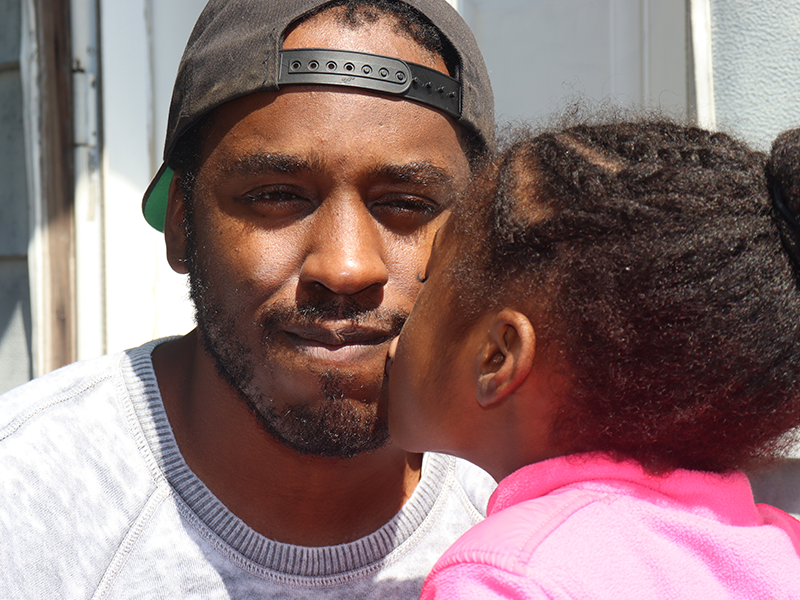The mission of this pilot is laudable in attempting to help lower-income Atlanta residents during particularly trying times. But there are reasons to proceed with caution. A significant reason is how these payments could provide a perverse incentive that would discourage people from finding work or moving up the economic ladder.
Ultimately, we believe there is a better way forward that supports dignity and opportunity for those in need. The mission should be to empower lower-income earners to attain a better life.
For Atlanta to make a real difference in seeking innovative solutions to providing poverty relief, the city must focus on giving those in need opportunity, not simply pity. Most people living in poverty want to provide for their families, get ahead, and live dignified, self-sufficient lives.
In 2020, the poverty rate in Georgia was 21.3%. Major welfare programs in the Peach State in September 2021 had around 3.9 million residents enrolled.
A key is to improve opportunities to work while giving greater flexibility to our neighbors. This can be done in changing how they may use their temporary government assistance payments to meet their current needs while setting them up for self-sufficiency later.
Exploring Empowerment Accounts
One innovative idea that would do just that are Empowerment Accounts.
These accounts would provide safety net funding to certain eligible recipients on a debit card. To qualify, people would need to be working, training, or being educated while meeting with a community case manager. The program also includes a financial literacy and savings component that paves the way for recipients to pay for long-term needs.
Atlanta leaders could test these Empowerment Accounts in a pilot project, funded at first by philanthropists.
Why are Empowerment Accounts a better solution than basic guaranteed income?
Their primary benefit is that they treat each recipient as an individual with a long-term upward trajectory. We must help the impoverished through immediate aid, but the best long-term solution to poverty is through creating incentives and opportunities for work. This combination of work and community support will help build the hope and social capital too often lost with the current safety net system.
If implemented on a state or even national scale, Empowerment Accounts would also provide a crucial reform to our flawed safety-net system.
They would condense and replace the overstretched, wasteful programs into one consolidated, more effective program. By reducing bureaucratic bloat and streamlining payments, more resources would go to needy families while fostering eventual financial independence.
Another benefit of Empowerment Accounts over the current safety-net system is that they would eliminate burdensome benefit cliffs when current programs end. Safety net recipients are often discouraged from earning an additional dollar because the cliffs often trap them in a system they yearn to escape. As a solution, Empowerment Accounts funding would taper over a specified period and any savings would stay with the recipient, helping with the problem of a benefit cliff.
The goal of Atlanta’s basic income experiment is commendable, but as with so much in the charitable and welfare sectors, it is misguided. It oversimplifies the struggles of low-income Georgians and falls well short of providing a comprehensive way forward — which should be centered around providing a path to self-sufficiency.
This was originally posted on RealClearPolitics.
















